Iran rejects ‘unfair’ UN expert report on human rights situation
Iran’s permanent ambassador to the UN office in Geneva says the United Nations’ rapporteur’s report on the human rights situation in the country is “unfair and deviant” since it propagates “prejudicial” statements about the whole nation.
Esmaeil Baghaei Hamaneh made the remarks on Tuesday at the 46th regular session of the Human Rights Council during an interactive dialogue with Javaid Rehman, UN special rapporteur on the situation of human rights in Iran, who presented a report on current rights “concerns” inside the Islamic Republic.
Rehman claimed in his report that women and girls “continue to be treated as second-class citizens in Iran.”
Baghaei Hamaneh dismissed the report, saying Iranian women are not denigrated as second-class citizens but rather honored as they make up half of the country’s population as mothers, sisters and daughters.
“The Islamic Republic of Iran honors our female doctors and nurses whom we lost to the pandemic. They are regarded as our Martyrs not as ‘second class citizens,’ as pejoratively called by Mr. Rehman …. We are alarmed how a flawed mandate can be reduced into a venue for propagating oversimplifying, prejudicial and judgmental statements about a whole nation,” he said.
“In today’s Iran, women run 50 percent of managerial positions in the Ministry of Health; 73 percent of health professionals and 49 percent of physicians are women; The women’s life expectancy has reached, from 56 years in 1976 to 79 in 2018. Close to 50 percent of internet users in Iran are women and women’s participation rate in R&D activities has increased to 31.2 percent according to a recent UNESCO survey. Close to 50 percent of higher education graduates are women, and 31 percent of the employees are women with higher education,” he said.
The envoy also complained that the interactive debate has been used over the past decade as a platform to launch a rhetorical anti-Iran campaign under the guise of human rights.
“This is not interactive; it is counteractive to the promotion and protection of human rights. Nor is it truly a debate; it is a one-sided and accusatory disputation in which the sponsors set the terms of reference to arrive, uncontested, at the conclusions they preordained,” he said.
“The way ‘human rights’ discourses are framed and weaponized by a certain group of States to score points in their political conflicts against their adversaries should be a matter of serious concern to any responsible stakeholder,” the official added.
Baghaei Hamaneh also noted that the establishment of special rapporteurs on Iran’s rights situation is not fair and justified and lacks any legitimate ground.
“The mandate comes from a non-consensual resolution forced upon the Council by a few political actors who are long fixated in their habitual confrontational thinking pattern with Iran … A mandate which is flawed by default can hardly yield a credible outcome other than profiling a country on the basis of generalization of individual cases, disinformation and false narratives,” he added.
The Iranian envoy also said that Iran’s “courageous and efficient” performance against the COVID-19 pandemic “is egregiously distorted only to whitewash the deadly impacts of US inhuman unilateral coercive measures on Iran’s health sector.”
“My country is still under the most unprecedented unilateral sanctions ever imposed on a country. The US continues to carry on with the unlawful and inhuman legacy of the former administration in complete defiance of international law and basic principles of humanity,” he said.
“The US must be held to account for the massive systematic and gross violations of human rights perpetrated as the result of these unlawful and brutal sanctions,” he added.
Iran has been under a series of illegal sanctions imposed by the US since 2018, when former president Donald Trump withdrew Washington from the 2015 nuclear deal, officially known as the Joint Comprehensive Plan of Action (JCPOA).
In his final months in office, Trump tightened the oppressive bans, defying warnings from Tehran and international human rights organizations that the restrictions are severely hampering the Iranian health sector's fight against the coronavirus outbreak.
Russia slams ‘politicized’ UN approach on Iran human rights
In a post on its Twitter account on Tuesday, the Russian Mission in Geneva said, “Unfortunately, it’s a long time that the discussion on promotion and protection of human rights in Iran has been conducted in a politicized manner and used exclusively for geopolitical purposes.”
VIDEO | IAEA adopts anti-Iran resolution tabled by E3
VIDEO | Iran's president urges Pope to help end Israel's onslaught in Gaza
Iran's senior legal official: ICC arrest warrants for Netanyahu ‘great victory'
Nov. 21: ‘Axis of Resistance’ operations against Israeli occupation
VIDEO | Israeli forces storm West Bank’s Jenin again, target civilians
Iran activates advanced centrifuges after IAEA's 'unjust' resolution
VIDEO | Press TV's news headlines
Iran FM: Response to Israeli aggression 'inevitable'


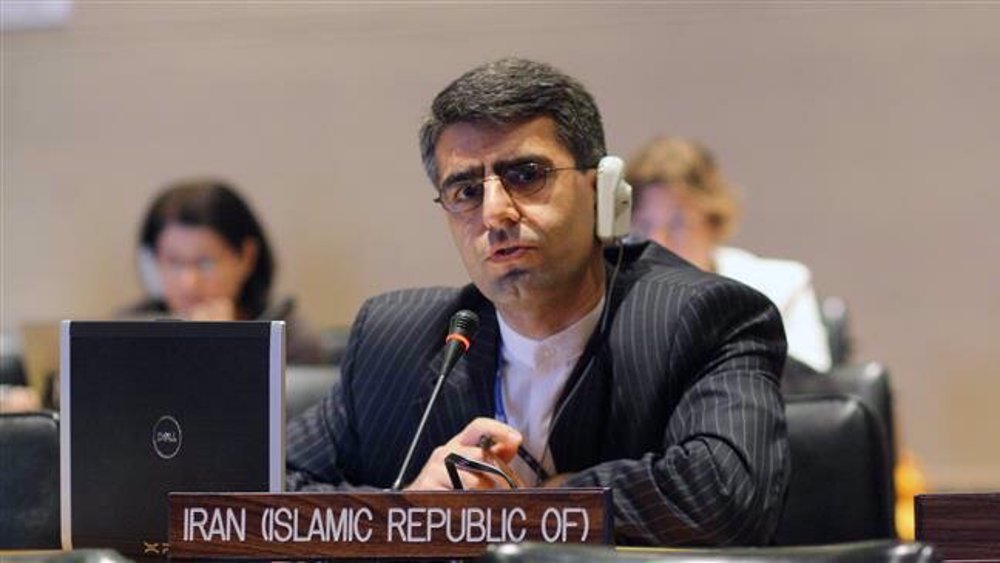

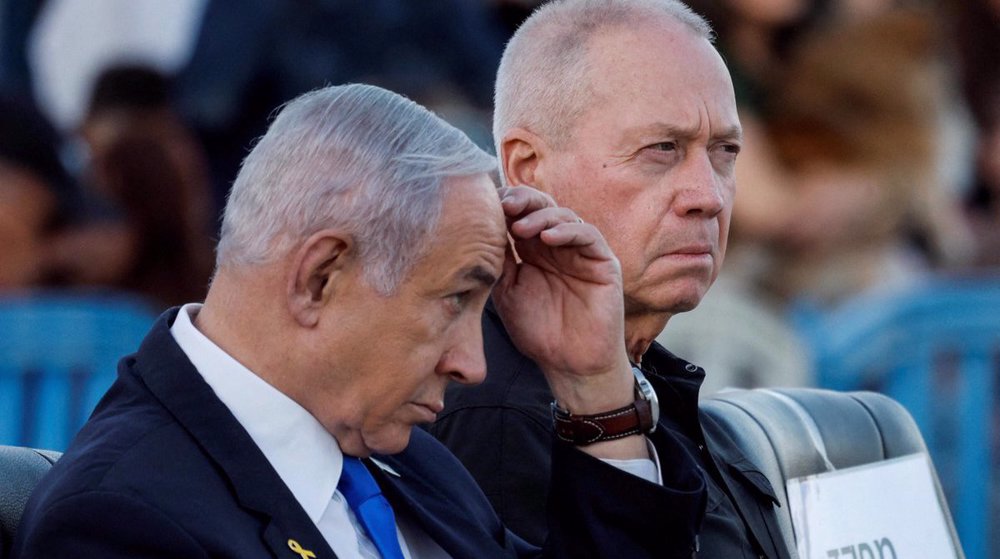
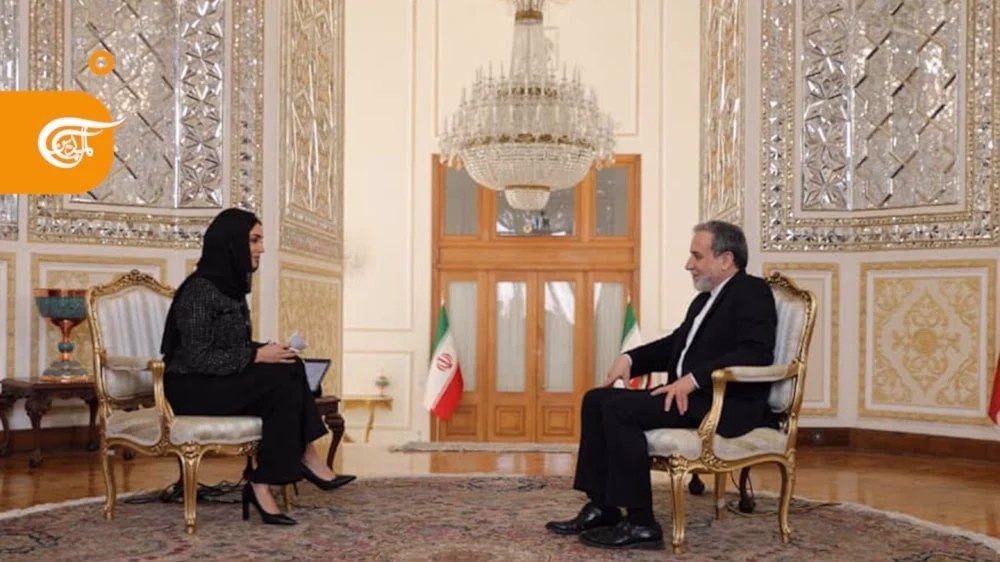
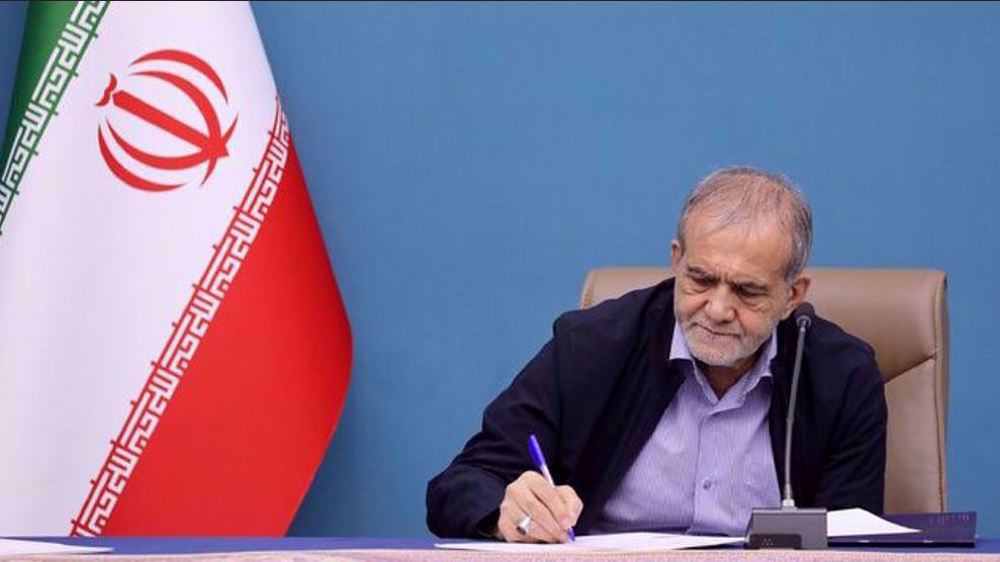



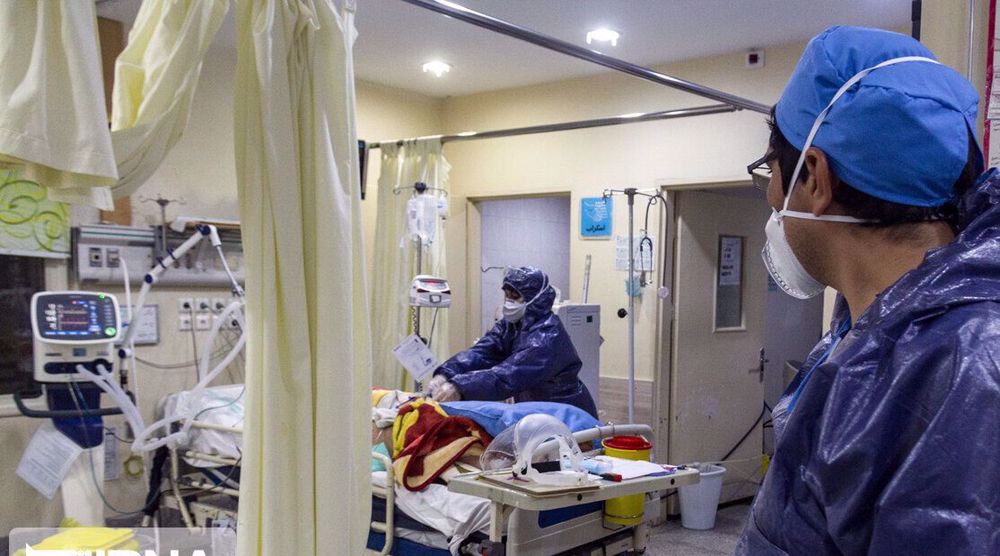
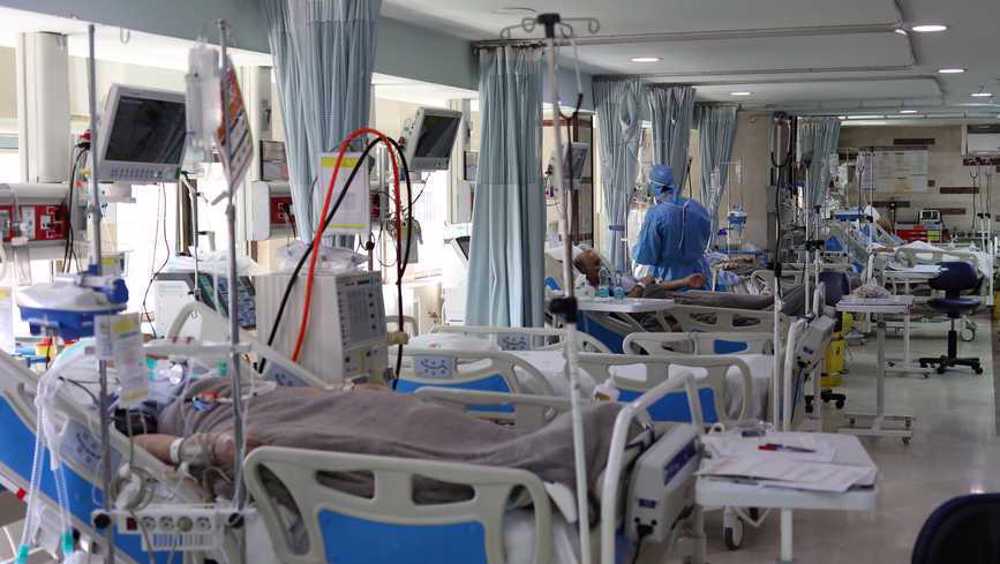
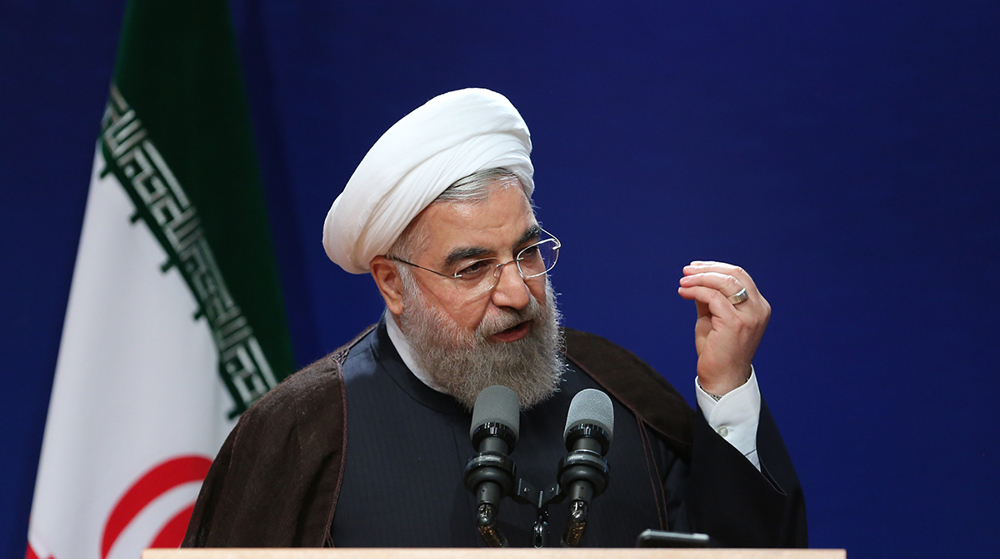
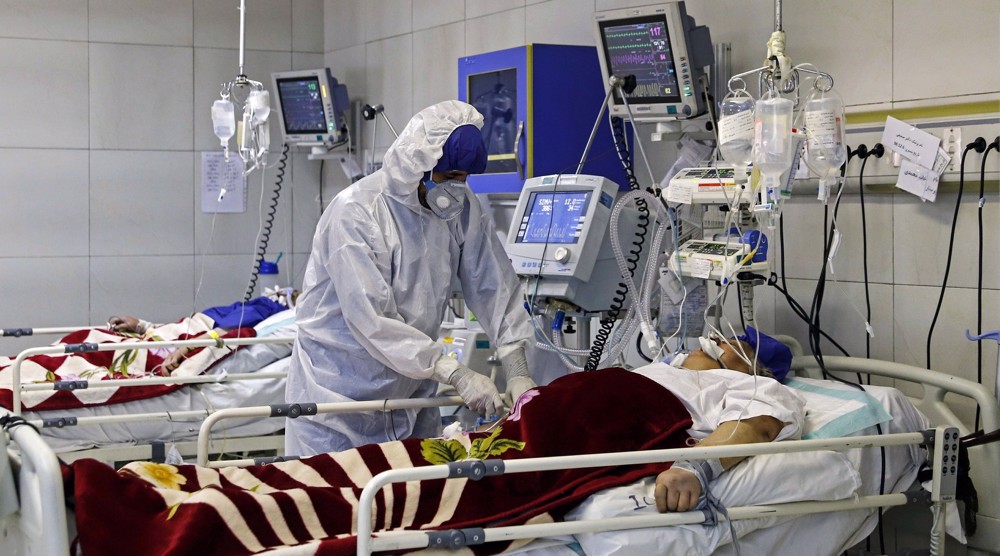
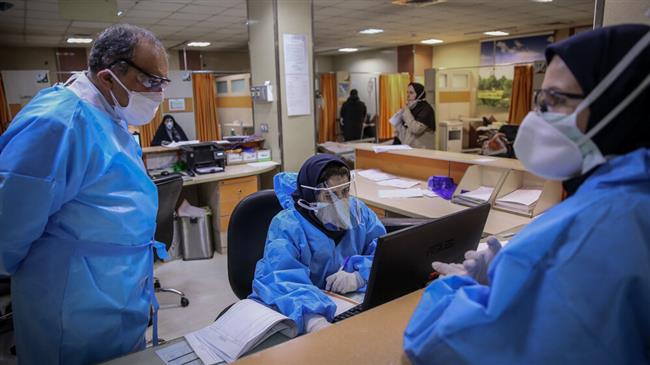

 This makes it easy to access the Press TV website
This makes it easy to access the Press TV website